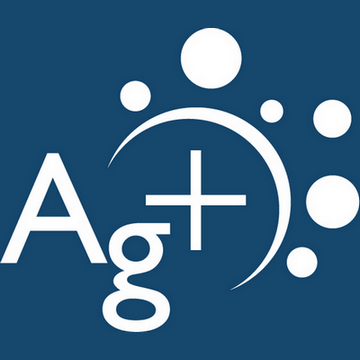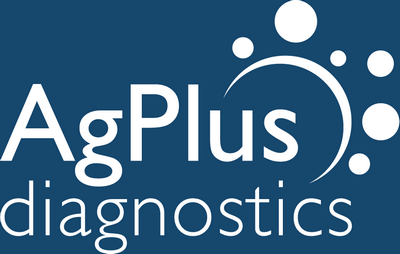In the fight against COVID-19, speedy detection of the infection is vital. Near patient testing offers an effective solution for detecting positive cases of COVID-19 quickly and swiftly. POC testing devices help minimise time to result and speed up diagnosis, allowing for rapid response to counter the spread of the virus.
Rapid diagnosis testing kits allow doctors to achieve real-time, lab-quality results within a matter of minutes. Improving rapid testing capabilities within the general public is the need of the hour and point of care devices offer the perfect solution.
Reduced Time to Result
The current system of centralised laboratory testing offers high-throughput, high-quality results. However, on the downside, this process involves a long wait time. Once a sample is taken, it is transported to the lab, where it is processed by skilled scientists who update the final report into the Laboratory Information System (LIS).
From the time of sample collection, it could take 2 to 5 days for the results to become available. Although sample preparation and testing at the lab would take anywhere between 1 to 3 hours, the sheer number of samples, can significantly increase the time to result.
On the other hand, near patient POC testing devices can deliver results at the point of need, dramatically reducing the wait time. The test can be performed on the spot no matter where the patient is, saving time needed to transport a sample to the lab.
Speedy Diagnosis and Treatment
Rapid PCR (polymarese chain reaction) test kits allow for rapid test results, which can expedite the decision-making process for doctors. This means that medical care can be administered to those who need it quickly and promptly.
Improved Efficiency
Furthermore, this process is a lot more efficient for doctors. In the case of laboratory testing, because the test results take 3 to 5 days to arrive, the doctor may have to re-familiarise with the case. With near patient testing, the doctor can act swiftly without having to re-familiarise with the case for better patient outcomes as below.
Minimised Errors
At a centralised lab, hundreds and thousands of samples are processed at a time. This increases the chances of mix-up and error in reporting.
Given that only one patient is tested at a time, rapid testing devices minimise the chances of patient mix-up.
Improved Testing Capabilities
POC testing devices can dramatically improve testing capabilities in a location, especially rural areas, both in the UK and globally.
Setting up a centralised PCR testing lab can not only take time but involve a huge investment. With rapid PCR testing, any hospital, doctor’s surgery or care centre can become a testing site without committing to a huge investment and will allow for pop up centres to be easily created at events and airports etc.
This can significantly benefit underserved populations and locations with limited personnel or infrastructure.
Lean Process
Rapid testing is a leaner process given that fewer steps are needed to produce results. For one, it decreases the need for processing. Second, it does away with the need to transport the samples to the centralised laboratory. And finally, there’s no back and forth involved.
Improved Patient Outcomes
The immediate availability of results will have a direct impact on the quality of patient management, facilitating the provision of timely and prompt care as well as movement of patients through the system quickly. It can also enable the medical facility to handle more patients in a short time frame.
Conclusion
Over the course of human history, cholera, smallpox, plague, influenza and HIV have caused many pandemics resulting in millions of fatalities. COVID-19 is the latest global pandemic but one of the harshest and most difficult infections ever.
However, the advancements in rapid testing technology will allow for quick and effective detection of COVID-19 in patients. AgPlus is at the forefront of POC testing technology and is currently developing two Covid-19 assays, one for antigen detection and a serological assay to monitor immune response. Our latest White Paper from our Scientific Advisory Board is now available to download about the benefits of clinical testing in COVID 19 control.
For more information, fill in our contact form or call 01234 867 100.

